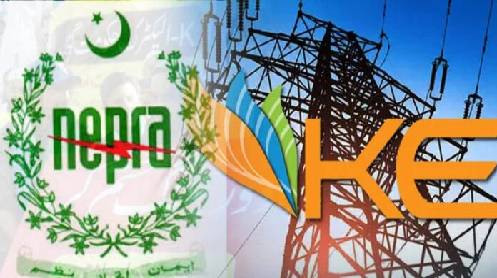ISLAMABAD: The National Electric Power Regulatory Authority (Nepra) on Thursday notified an additional fuel cost charge of Rs3.33 per unit for April, allowing ex-Wapda distribution companies (Discos) to collect an additional Rs29 billion in June. This notification comes as the government acknowledges a minor impact of solar net metering on electricity sales.
Nepra stated that it had reviewed and assessed a national average uniform increase of Rs3.3321/kWh in the applicable tariff for ex-Discos due to variations in fuel charges for April 2024. The total increase in the net tariff, considering the Fuel Cost Adjustment (FCA) impact, will be about Rs6 per unit due to its partial spillover into the upcoming quarterly tariff adjustment (QTA).
The adjustment will apply to all consumer categories except Electric Vehicle Charging Stations (EVCS) and lifeline consumers, with the adjustment reflected separately in the June bills based on units consumed in April.
In its determination, Nepra noted that the Central Power Purchasing Agency (CPPA) included 100 GWh from solar net metering units in April, accounting for just 1.15% of the total 8,640 GWh in the national grid. This is compared to a 54.7 GWh contribution from solar net metering in March, which accounted for 0.7% of the total grid supply of 7,756 GWh.
The CPPA CEO attributed the lower generation from hydro and local coal to generation assumptions in the reference tariff, noting that certain fuels like RLNG were utilized in higher quantities due to system requirements and contractual obligations. The financial impact of high RLNG usage was reported at Rs32 billion in April against a total fuel cost of Rs75 billion.
The low utilization of Thar coal power plants, operating at around 50% capacity in April, was attributed to system stability and demand patterns, with NTDC noting low demand due to weather conditions.
This FCA increase is in addition to a 26% rise in the annual base tariff and an 18% hike under two quarterly tariff adjustments, amounting to Rs4.65 per unit.
Story by Khaleeq Kiani







